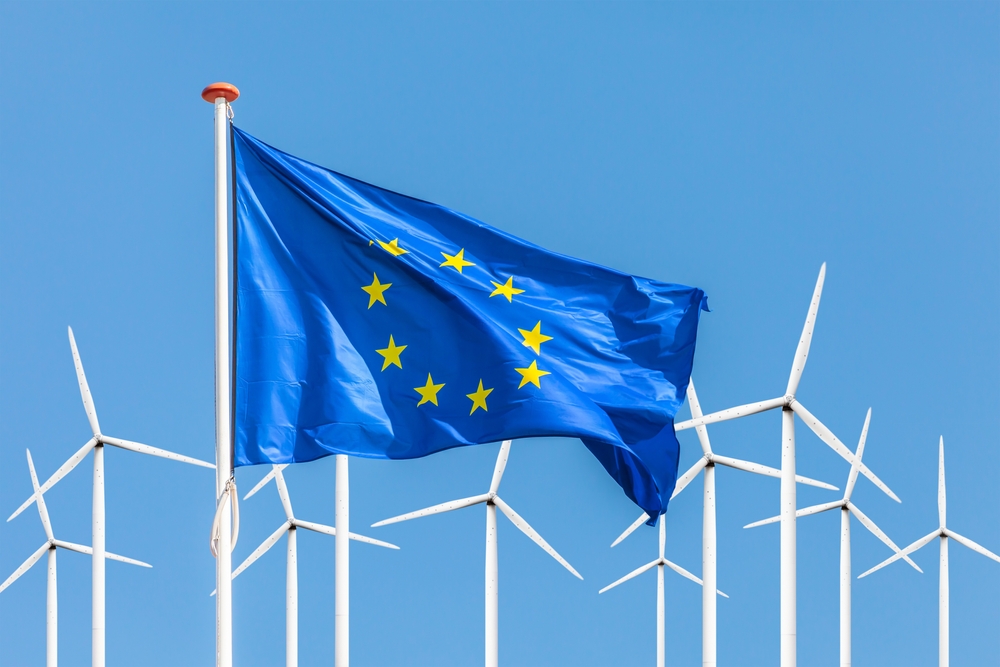The European Commission has unveiled the European Sustainability Reporting Standards (ESRS) which will affect more than 50,000 EU and non-EU based companies.
The standards cover the full range of environmental, social, and governance issues, including climate change, biodiversity and human rights, providing information for investors to understand the sustainable impact of companies they want to invest in.
EU commissioner for financial services, financial stability and capital markets union Mairead McGuinness said the ESRS are an important tool and “strike the right balance between limiting the burden on reporting companies while at the same time enabling companies to show the efforts they are making to meet the Green Deal Agenda, and accordingly have access to sustainable finance.”
Subscribe to Sustainability Beat for free
Sign up here to get the latest sustainability news sent straight to your inbox each morning
They also take account of discussions with the International Sustainability Standards Board (ISSB) and the Global Reporting Initiative (GRI) to ensure a very high degree of interoperability between EU and global standards and to prevent unnecessary double reporting by companies.
Under the ESRS, large businesses will need to state environmental disclosures in annual reports from 2024. The Standards will then be mandated for medium-sized businesses in phases through to 2026.
Climate reporting platform CDP said 55% of companies disclosing ESG information through its platform are already reporting in line with the new standards.
CDP’s policy engagement director for Europe, Mirjam Wolfrum, said the ESRS are a “critical stepping stone towards making high-quality environmental reporting a business norm.
“However, compromises were made to ensure successful adoption: all disclosures, including climate-related ones, are now subject to companies’ own materiality assessment.
“In addition, certain disclosures including Scope 3 emissions and all of biodiversity-related disclosures have been phased in. Understanding why companies disregard certain topics will be essential to ensure comparable and meaningful information for investors, auditors, and regulators,” she added.















